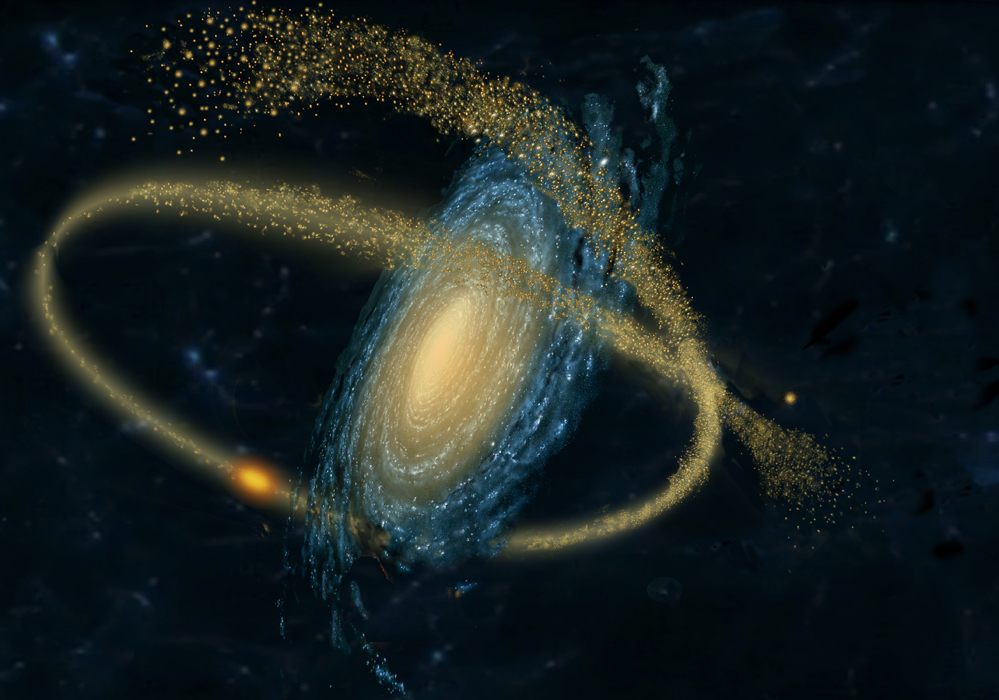
From the British astrophysicist and theologian David Wilkinson, God, Time and Stephen Hawking: An Exploration Into Origins (London: Monarch Books, 2001):
There is one other possibility which may be of help in holding together miracle and law. If God is moment by moment sustainer of the physical laws, then science could be seen as simply describing his normal mode of working. But God must be ultimately free to work in unusual ways. Imagine parents bringing up their child. If the child is to grow up responsibly then he or she needs to know various agreed norms or rules. If the parents are capricious, that is continually changing their minds, the child will find it difficult to grow in understanding or responsibility. However, it would be a poor childhood if there were not special treats, times when the normal rules were superseded by special acts of love. There will be times when bed-time is normally 9pm but the highlights of the Manchester United football game are on later and as a special treat (or not, depending on how you view Manchester United!) the child can stay up. The development of the child requires a tension between law and what the Bible would call grace, that is extravagant generosity. (181-182)
I might note here that al-Ghazali (d. AD 1111), in his Tahafut al-falasifa (“The Incoherence of the Philosophers”), likewise argues that the so-called “laws of nature” simply summarize God’s “habitual” ways of doing things.
Once again, we are saying that there is more to our experience than just the scientific description of the universe. The object of science is the impersonal. The object of religion is personal. That is not to demean science but to recognise its proper place. (183-184)
***
Here’s an attempt to demystify something very near the cutting edge of physics:
***
But what science gives with one hand it takes back with another. It’s really not all that simple. As the British geneticist and evolutionary biologist J. B. S. Haldane (d. 1964) famously said, “I have no doubt that in reality the future will be vastly more surprising than anything I can imagine. Now my own suspicion is that the Universe is not only queerer than we suppose, but queerer than we can suppose.”
Many evolutionists are certain that mind is an epiphenomenal derivative of matter. Some aspects of quantum theory, however, seem to suggest that, on the contrary, matter may derive, in some sense, from mind. In other words, that mind may be a primary reality, if not the primary reality. It’s an enormously important question. This brief essay addresses the issue:
Of course, the great Nobel laureate Caltech physicist Richard Feynman (who used to play the bongo drums in a nightclub not far from the home where I grew up) is reported to have said “If you think you understand quantum mechanics then you don’t understand quantum mechanics.”
I don’t claim to understand quantum mechanics. But I’ve made (and continue to make) some serious effort in that direction.












